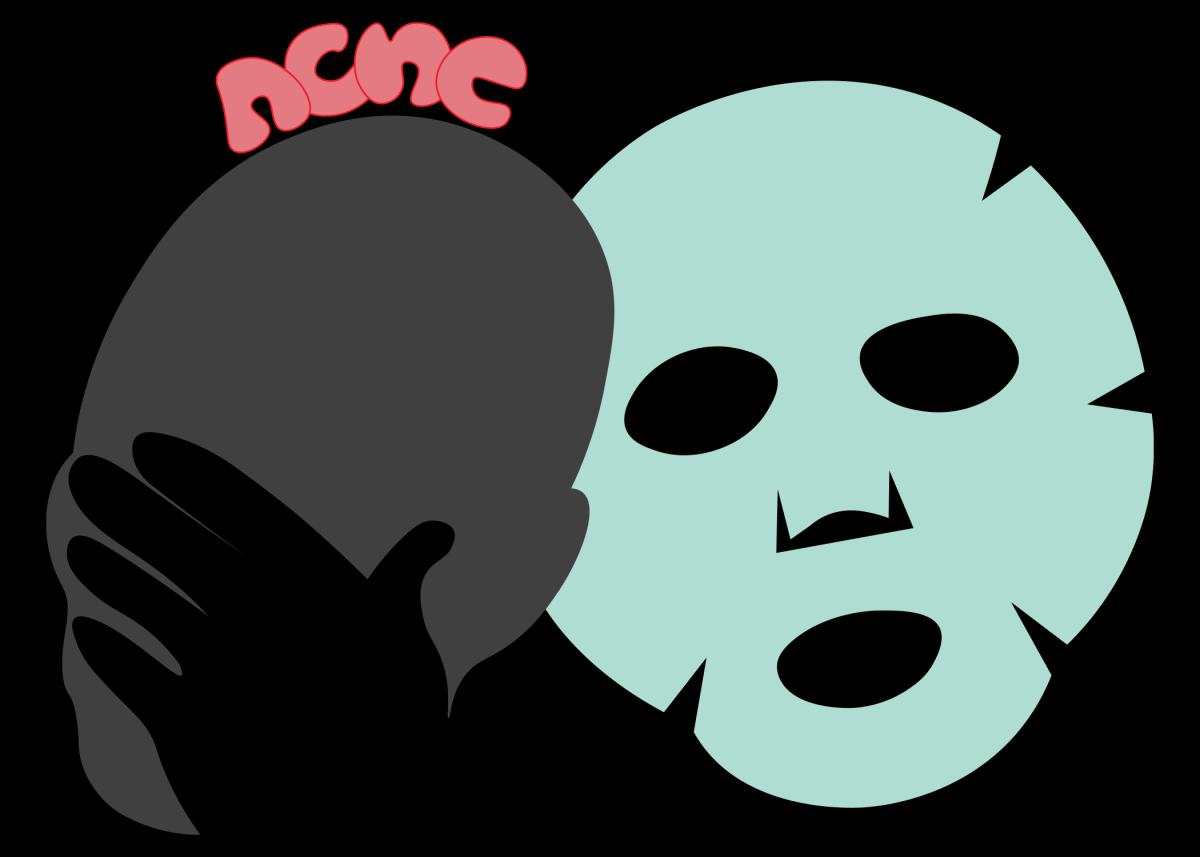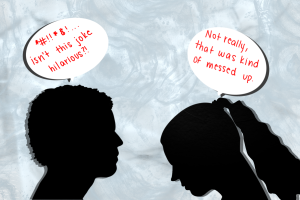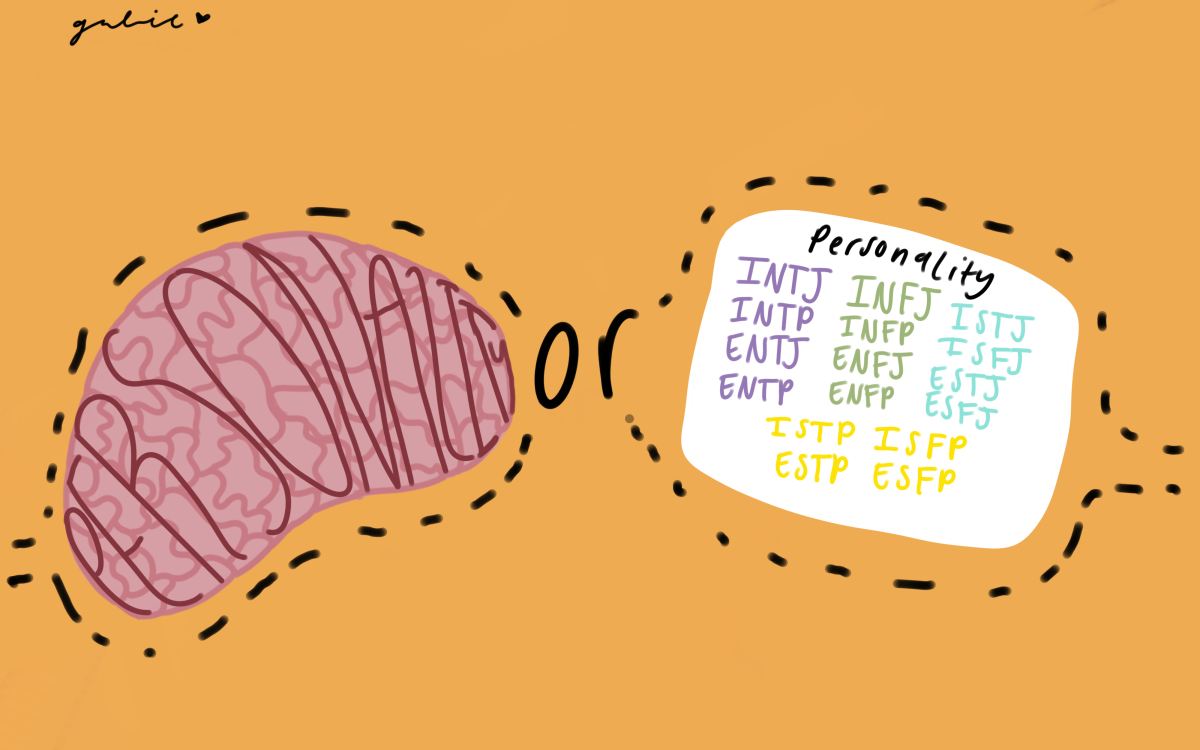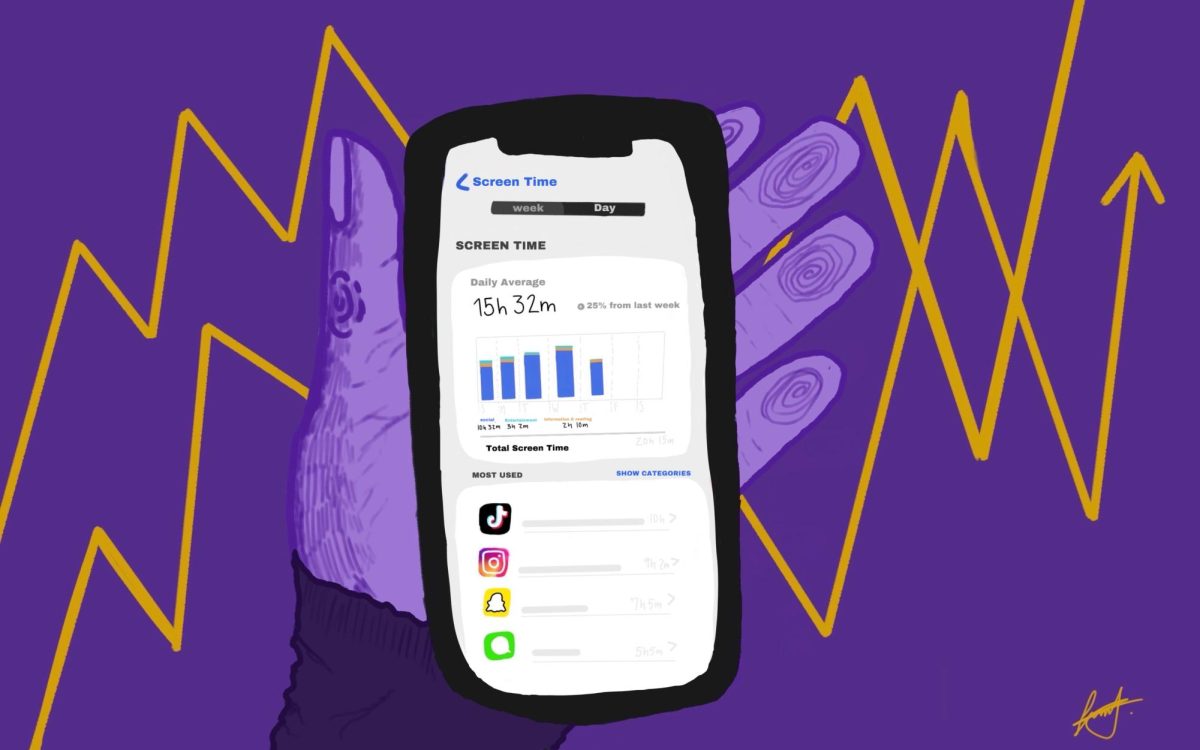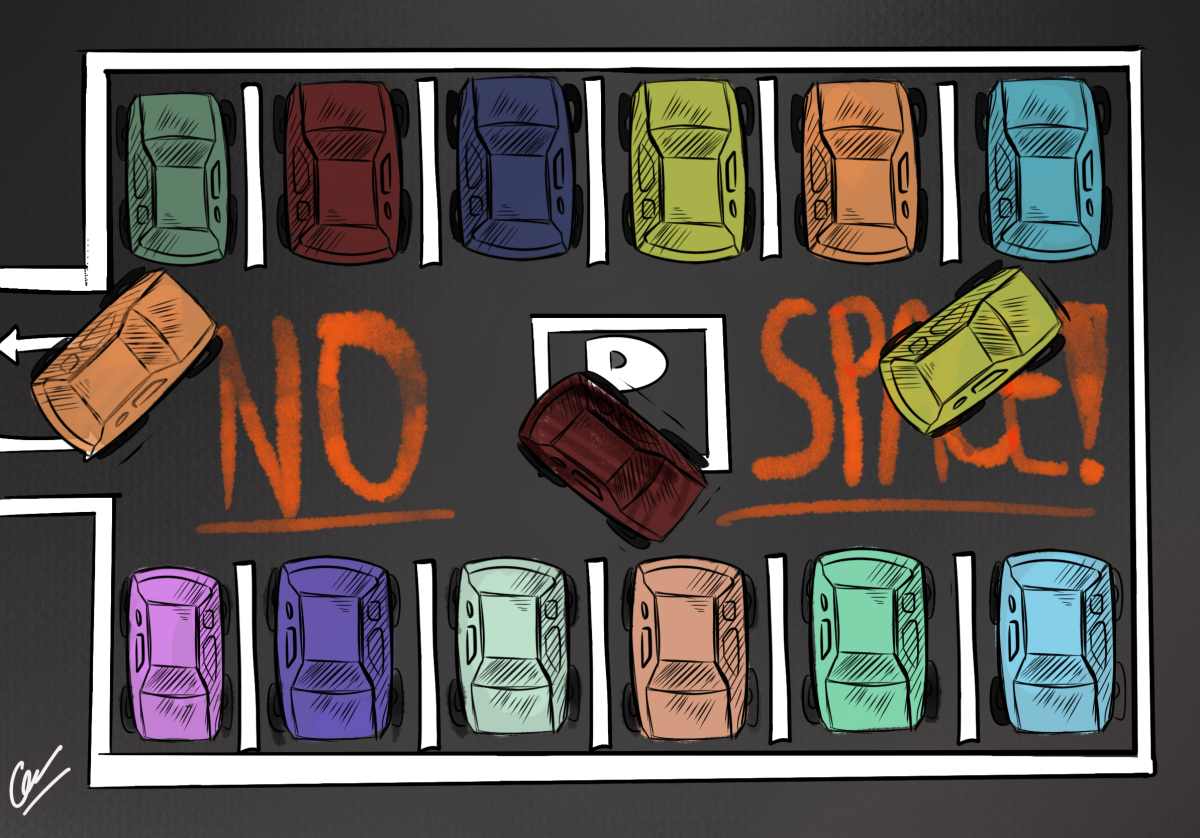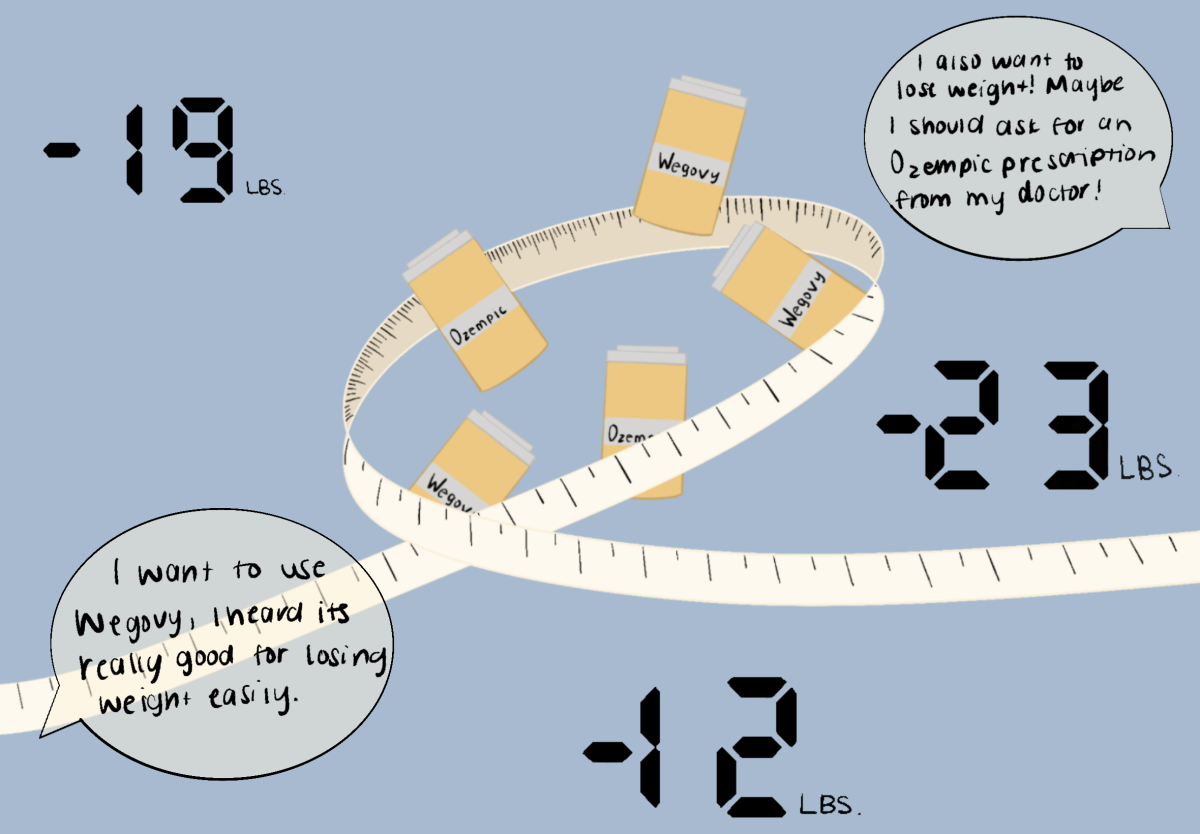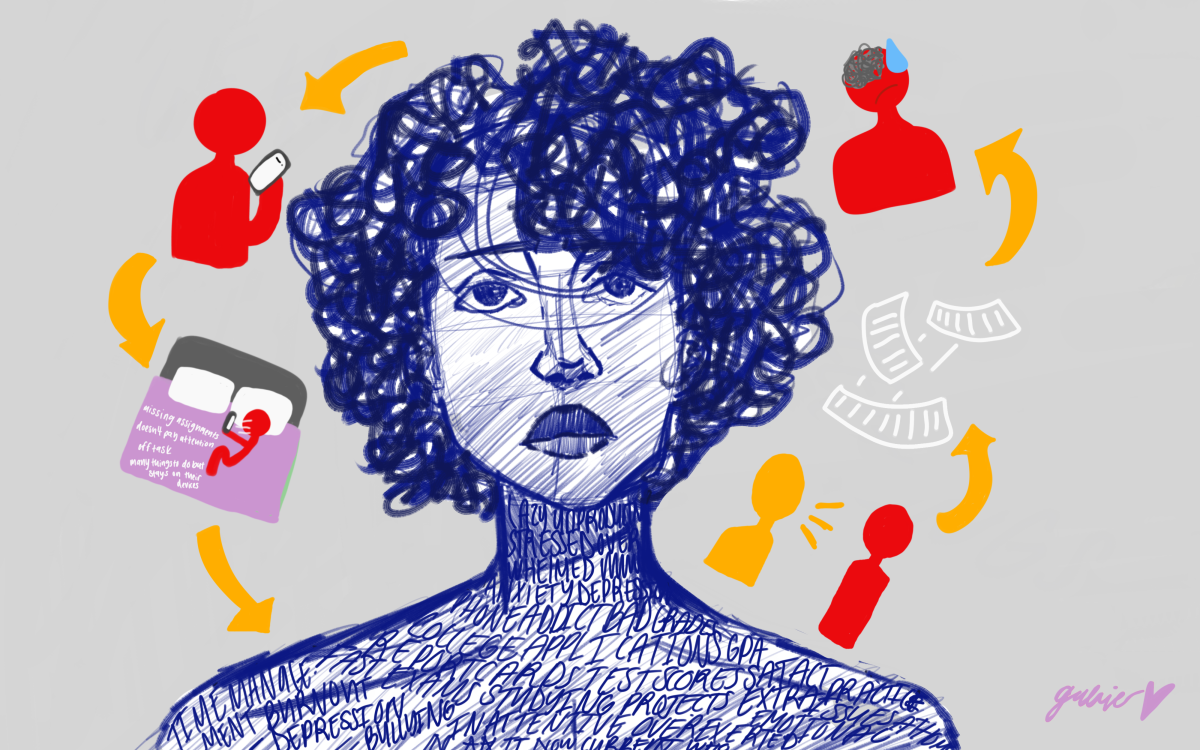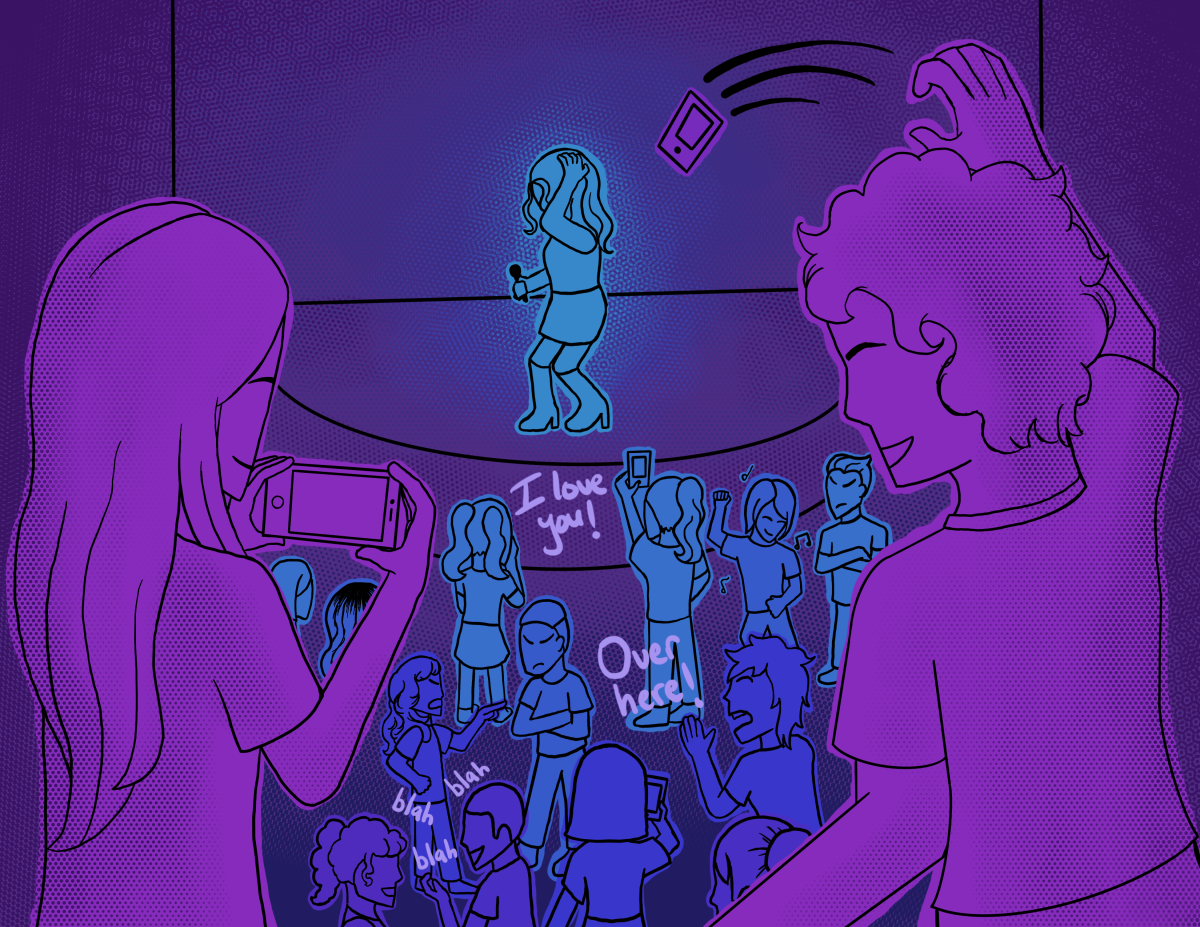One of the key aspects of adolescence is the search for one’s identity. Unfortunately, many modern teens are looking at all the wrong places to find it. Teens may attempt to find their identities through social media or even their friends, but one of the most popular and unfortunate instruments through which some are doing this is through personality tests. Some popular personality tests include MBTI, The Enneagram Test, and TestColor.
Personality assessments are infatuating. The way we as people process their results can make it seem like they are strikingly accurate. Personality tests, however, are not based on science. The biggest issue with them is that they are generic. They exploit people’s tendency to believe common descriptions are unique to them.
There is an explanation for why those who take personality tests believe in the results they are given. It is called the Barnum Effect, which is defined as the phenomenon that occurs when individuals believe that personality descriptions apply specifically to them (more so than to other people), despite the fact that the description is actually filled with information that applies to everyone. Some examples of these descriptions are “You have a tendency to be critical of yourself,” and “You have a great need for others to like and admire you.”
The Barnum Effect was best demonstrated through an experiment by American psychologist Bertram Forer in 1948. According to Psychology Today, Forer asked 39 people to take a fake personality test. Once the people were presented with their results, they were impressed with its striking accuracy. However, each student received the exact same results. The descriptions included statements that have universal validity. Though most individuals understood that these statements were good descriptions of themselves, they failed to remember that they are also great descriptions of thousands, if not millions of people around the world as well.
The Barnum Effect is most effective with positive statements. Human nature makes people more open to believing self-serving information about themselves. Thus, the positive information received from a personality test is most valued, especially since it makes the recipient feel good. Sadly, teens are even more susceptible to this, especially being at an age where one craves to feel validated and heard the most.
Personality tests are a negative form of self identification for teenagers. Negative feelings about one’s identity are associated with stress and psychological unwellness. These feelings discourage emotional adjustment, academic performance and overall health in teens. They also increase their risk of depression significantly. Personality tests put teenagers in a mold from an early age; and by not giving any opportunity for growth, the tests can significantly affect the development of a teen’s self image.
According to The Daily Mississippian, personality testing has grown into a billion dollar industry. The Myers–Briggs Type Indicator Personality Assessment, a popular introspective self-report questionnaire, has become so widespread, it has reached adolescents in China. A study surveyed 308 Chinese high school students on MBTI use, Barnum effect, ego-identity and mental health. The results displayed that higher levels of MBTI use triggers a stronger Barnum effect. When considering and controlling the Barnum effect and ego identity, MBTI use increases anxiety.
Personality tests are not a valid form of self-identification and teens should stop using them as such. They are generic, subjective and irrational means of tackling the development of one’s true identity in the world.
While personality tests are enjoyable, it is important to take them with a grain of salt. Instead of using generic quizzes to define one’s personality, teenagers should find things that interest them and build on those things. By embracing their individuality and naturally finding what they enjoy, teenagers can let their own actions and beliefs define them.





